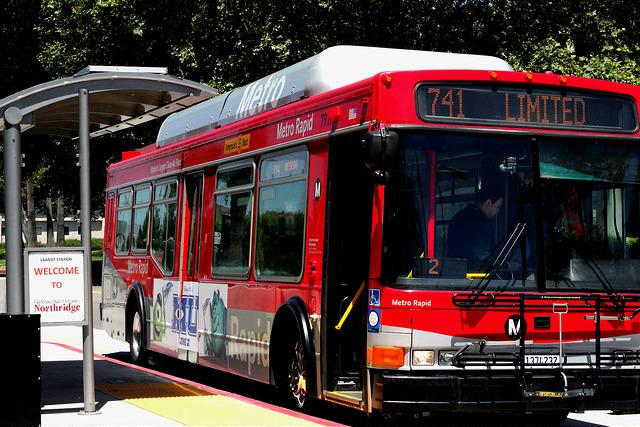The last installment on this subject proposed having a “true university bus fleet, renewable fuel infrastructure for turning food and yard waste collected on campus into alcohol/ethanol fuel, more renewable electric power, a reduction in the size of the CSUN vehicle fleet and the remaining fleet running on alcohol/ethanol and/or electricity”. This would be possible, if exchanged for the proposed 30 million dollar parking lot that is only going to make congestion worse by giving people a reason to use their car and reject alternative transportation options. Now, more detail on these recommendations will be explored.
Renewable Alcohol/Ethanol fuel Infrastructure
The idea of running vehicles solely on alcohol/ethanol is not that far fetched. Currently, it is an additive to gasoline; the Indy Racing league has been using it for fuel for over a decade, and Brazil has used alcohol-fueled vehicles for decades. The problem is that all of these places obtain it by growing crops for fuel. However, it can also be produced by fermenting food and yard waste, and there are currently systems designed to tap it, with one patented, modular, and less expensive system being used in Florida that is not as picky as others.
The Reduced CSUN Vehicle Fleet
As of this article, CSUN does not have a “true university bus fleet”. There is currently a contracted fleet of around 3 to 4 van-based, high-floor, gas-powered buses for the Housing Shuttle and 2 to 3 truck-based, diesel-powered buses for the Metrolink Shuttle. The university’s bus fleet, for both housing and Metrolink, needs to be low-floor for true disabled access and increased service quality and performance. They also need bike racks to take full advantage of the bike share expansion on campus. For back up and increased frequency, I would recommend about six buses for the housing shuttle, and about four buses for the Metrolink Shuttle.
The Metrolink shuttle buses need to be pure electric, low-floor transit buses with enroute charging as the Antelope Valley Transit Authority (AVTA) will soon be bringing pure electric buses into the CSUN Transit Center as part of its 100% electric bus fleet drive. Once that happens, we are going to have pure electric buses from AVTA, and natural gas and increasingly pure electric buses from LA Metro servicing the CSUN Transit Center. The current contracted diesel powered buses are comparatively outdated and dirty, and will be a huge dent in the environmentally-positive image of CSUN.
Outside of this proposed university bus fleet, the CSUN vehicle fleet needs to shrink. Those vehicles remaining must become increasingly pure electric, with the exception of the police and jumpstart service vehicles so they can still provide their critical services.
There is also currently a state subsidy voucher list for many pure electric and hybrids. However, there are no low-floor van-based buses at the length of the housing shuttles or alcohol/ethanol vehicles currently offered on the list. Despite these subsidies at the state level, CSUN continues to buy new pure gas-powered vehicles. There are fleet vehicles over 20 years old that make an outdated emissions footprint and need replacing.
These investments will be far more effective and sustainable then a parking lot, at a fraction of the cost.












